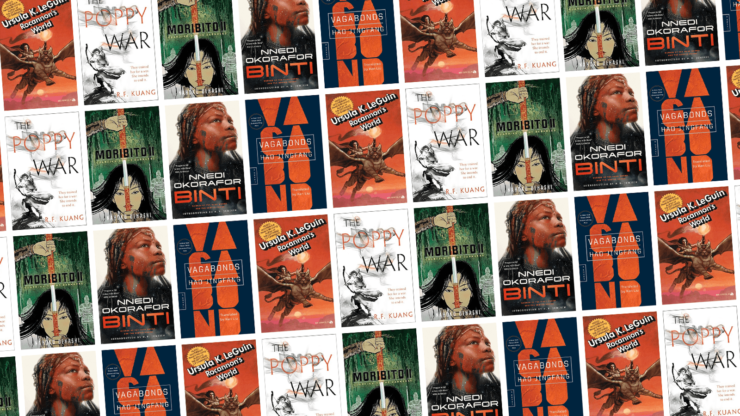To quote Princess Leia, sometimes you cannot go home again. Why this might be varies from story to story… Perhaps home is unrecognizable, or has vanished entirely. Perhaps you yourself have been changed and can no longer fit in as you did in the past. Whatever the reason behind this particular experience of alienation, it is fodder for engaging stories. You might enjoy these five examples.
Rocannon’s World by Ursula K. Le Guin (1966)
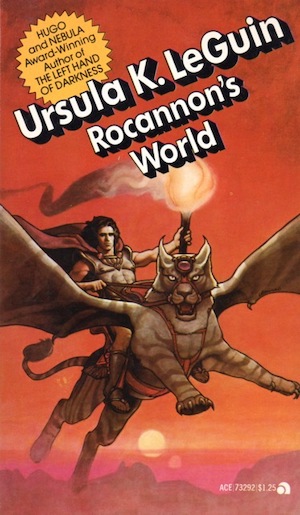
The highborn lady Semley sets out to reclaim a valuable family heirloom. It does not take her long to discover the necklace she seeks is in a Starlord’s trove. Unfortunately for Semley, the Clayfolk from whom she demands aid are willing to help her travel to the Starlords’ distant land. They don’t tell her that the Starlords—emissaries from the League of All Worlds—came from another star. They don’t tell her that when she returns she will have aged only a few months, while enough time will have passed on her homeworld for her husband to die and her daughter to have grown into a young woman.
***
The Poppy War by R. F. Kuang (2018)
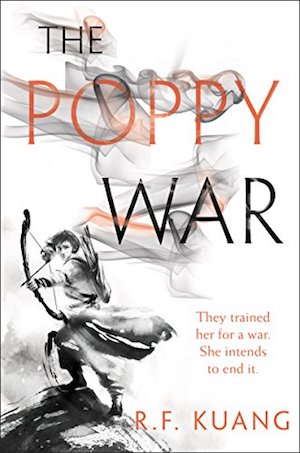
Academic prowess allows Fang “Rin” Runin to escape one conventional fate (arranged marriage) for an equally conventional but far preferable one: studying at the prestigious academy in Sinegard. Success at the academy would lead to a comfortable life as a scholar or bureaucrat—unromantic, but part of the way things have been done in Nikan for a very long time. Alas, while the Federation of Mugen covets Nikan’s land, it has no use for the people currently living on the land. Rin’s academic ambitions have been sidelined by genocidal war. All she knows will be swept away, and Rin herself will be transformed beyond recognition.
***
Guardian of the Darkness (Moribito, Volume 2) by Nahoko Uehashi (1999)
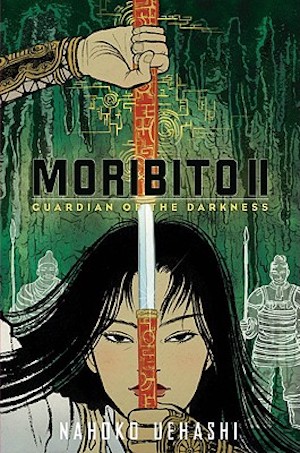
Consigned to death by an ambitious courtier with his eye on a throne, Balsa fled Kanbal with her foster father, Jiguro. Decades have passed. The man who wanted Balsa dead is himself dead, as is Jiguro. Now it’s safe enough to return to her homeland to set old ghosts at rest…or so Balsa thinks. Courtier Yuguro would disagree. Balsa is a reminder of a dead past, a reminder who could threaten his control of the current king of Kanbal. Better for all if the disruptive element were quietly buried.
Note: only two of the eleven books in this series have been translated into English. That’s unfortunate, as I don’t read Japanese.
***
Binti by Nnedi Okorafor (2015)
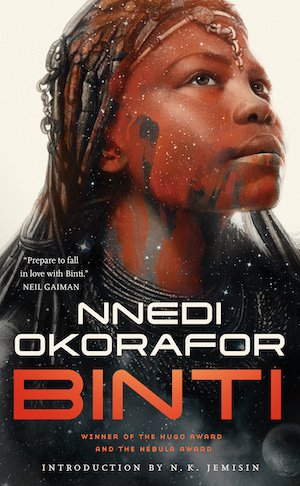
Binti left Earth and her people, the Himba, to pursue education in a cosmopolitan, off-world university. The story’s setting features faster-than-light travel—no relativistic time problems for Binti. Instead, she returns to Earth transformed by her experiences out in the stars. The Himba enjoy ordered, predictable lives. Binti discovers that her people’s distaste for the unconventional now extends to Binti herself. Adjusting to Binti as she is—educated in alien ways, physically changed as well—requires effort that her family and neighbours prefer not to exert. Rejecting Binti for being the person she is, rather than the person her community wanted her to be, is so much easier…
***
Vagabonds by Hao Jingfang (2020)
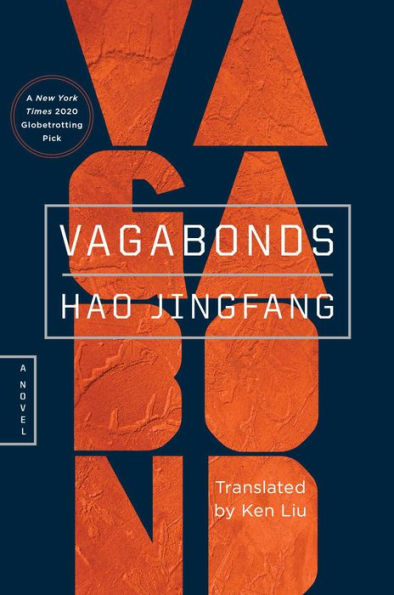
The Mercury Group, a cohort of Martian teenagers, was dispatched from Mars to Earth as part of an effort to defrost diplomatic and trade relations between Earth and the breakaway Martian republic. Unrestricted contact with Terrestrials has worked changes on the teens. Luoying, for example, comes home wondering if her grandfather is the national hero she grew up believing him to be, or if he is the dictator Earth insists he is.
Even if personal transformations were not enough to make it difficult for the Mercury Group to reintegrate seamlessly with Martian society, Mars itself is on the brink of a fundamental political transformation. Just as Luoying is no longer the child she was when she left, so too will the Mars of her childhood be gone forever.
***
No doubt you have your own favourite examples you cannot believe I failed to mention in this essay—feel free to remind me of them in comments below!
In the words of Wikipedia editor TexasAndroid, prolific book reviewer and perennial Darwin Award nominee James Davis Nicoll is of “questionable notability.” His work has appeared in Publishers Weekly and Romantic Times as well as on his own websites, James Nicoll Reviews and Young People Read Old SFF (where he is assisted by editor Karen Lofstrom and web person Adrienne L. Travis). He is currently a finalist for the 2020 Best Fan Writer Hugo Award and is surprisingly flammable.










